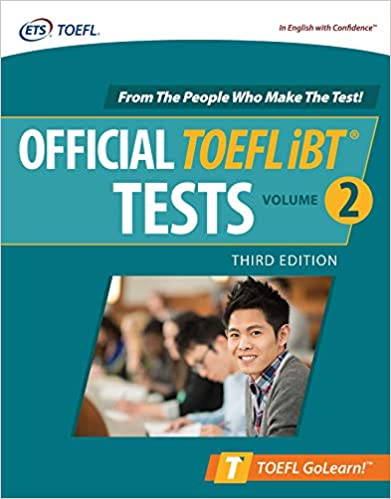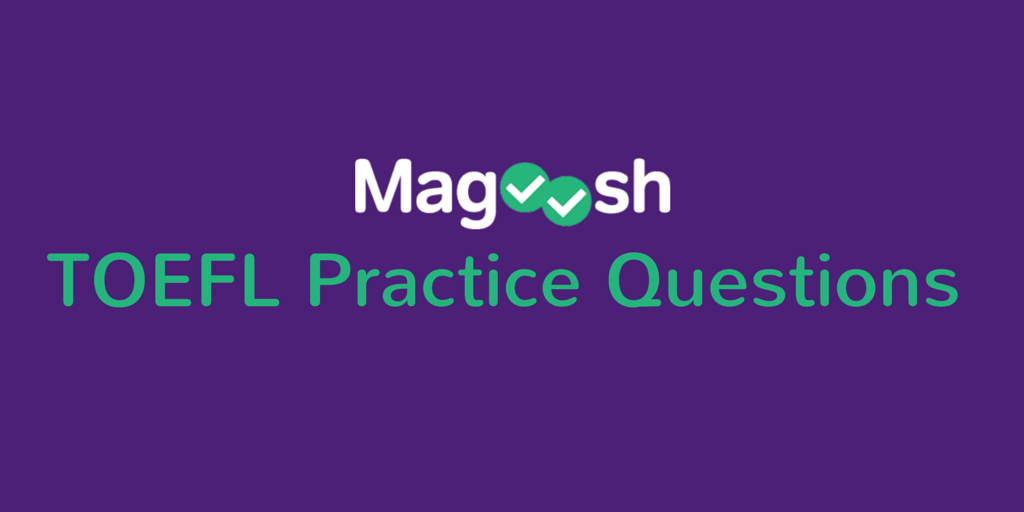This Tuesday, I’m writing about not only the TOEFL, but also IELTS. The two tests have one core aspect in common: they are academic tests of advanced English, used for university admissions. (There is also a “general English” IELTS, but I’m writing about the academic stream today.)
There are some big differences between the two tests, and the scoring is different.
Which is Easier?
This is a common question, but it’s a bit misleading. The simple answer is that neither test is “easier.” Both test advanced English, and the scores that schools expect from one test compare with the scores expected on the other test. That is, if you score very high on the TOEFL, you would also score very high on the IELTS. There is no general advantage to taking one test or the other, and universities know what scores on both tests indicate.
Don’t choose a test because somebody told you it’s easier to get a high score. Choose based on what the schools you’re applying to want, what is most convenient for you, and which format you prefer.
British vs. American
IELTS is a British test, whereas the TOEFL is created by a U.S. company. That means two things:
- 1. British universities more often accept IELTS scores, and American universities accept TOEFL scores. But it’s not that simple: some British schools also accept TOEFL scores, and some American schools accept IELTS scores. Check with the schools that you want to apply to and find out which tests they accept. That’s step one!
- 2. IELTS listening includes British English speakers, and TOEFL listening is mostly American speakers. What you speak doesn’t matter for either. Just be consistent and don’t mix the vocabulary up. But some of the vocabulary and accents you see and hear on the tests vary, respective of the home country.
Test Format
There are a number of major differences in the structures of these tests and the types of questions they include. Both tests include reading, listening, speaking, and writing, but they have different approaches to those skills.
Here are a few key differences:
- Short listening vs. long listening. Recordings on the TOEFL are quite long—many are over five minutes, and you cannot listen to them twice. You have to pay careful attention the whole time and take good notes, because the questions come after the full recording is finished. But on IELTS, you can answer questions while listening, and the recordings are much shorter. Notes and memory are not important.
- Typing vs. handwriting. You write your TOEFL essays on a qwerty keyboard. On IELTS, you handwrite your essay. If the qwerty keyboard slows you down a lot because you normally use a qwertz keyboard, then you might prefer the IELTS. Or if you’re like me and are painfully slow at handwriting, then you might like the TOEFL writing better.
- Speaking to a computer vs. speaking to a person. The TOEFL has you speak into a microphone, sitting at your computer. There is no personal interaction, and you are timed. Many students have trouble with this. IELTS, on the other hand, has you speak to a real person, which makes some students even more nervous. The one that makes you more comfortable can help you get a better speaking score.
There are other differences, of course. For example, IELTS questions include fill-in-the-blank questions, in which you write a few words to complete a sentence, whereas TOEFL questions are all multiple choice. But those smaller differences in style of questions don’t generally change people’s preferences too much—it’s the big stuff listed above that you should consider.
But remember: first, find out what’s accepted at the schools you want to apply to.
See you next Tuesday!





